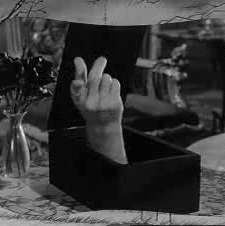monument Troosttuin Delft
Looking at the human memory as an archive of unwritten documents, I questioned myself how our memory works. I noticed from my own experience that somehow memories also change over time. For example: think of somebody [ relative friend colleague] in what way do we think of them?
Do you think of them in Images, sounds, contexts or fragments of all? And is this remembrance every time the same? For me it is not.. For every time I meet a person again the remembrance on that person is somehow updated, refreshed. New haircut, getting older or minor changes of personality. I all add these changes to the existing remembrance making a new remembrance. But what happens if that person has left your live or has deceased? What happens with the memories when they are not updated from time to time? In order to understand better and make this matter insightful I developed a methodology which I applied on writing these texts for model 1.3 The Keeper of the Agent.
As a source I used the remembrances of my family and me and some close friends to our second born daughter who lived 14 years ago for only 7 months. So the period and context were the same for all participants. Through group an individual interviews I researched how our joint remembrances were stored and if and how they had changed over time. Note, the remembrances were originated in the same time laps and context. I merged the different outcomes into one entity which I personified as the agent the column on the right. The different memory holders, consisting me, my family and close friends, were merged to one as well, called the keeper, the column on the left. These both entities are in dialogue about the properties of the memory and its remembrances such as change and preservation. In these texts I tried to write down or document what happened both on the side of the memory [the agent] and on the side of the owner [the keeper] over time.
Writing according this method made me think in a sort of schizophrenic way. It made me realize that our memory consists of only particular fragments connected by basic knowledge which I call the little white nothings. Together they form the white landscape-like space between the two texts. Recalling the remembrances was like meeting again, somehow they were updated by the remembrances of the others. But the updating was accompanied by minor changes of the remembrances. Maybe I can call these minor changes the remembrance synonyms. In fact the remembrance changed a bit and this applied to all of the participants. We finally concluded that sharing endangers a memory by the effect of change, though not sharing it will fade the memory and eventually vanish.

